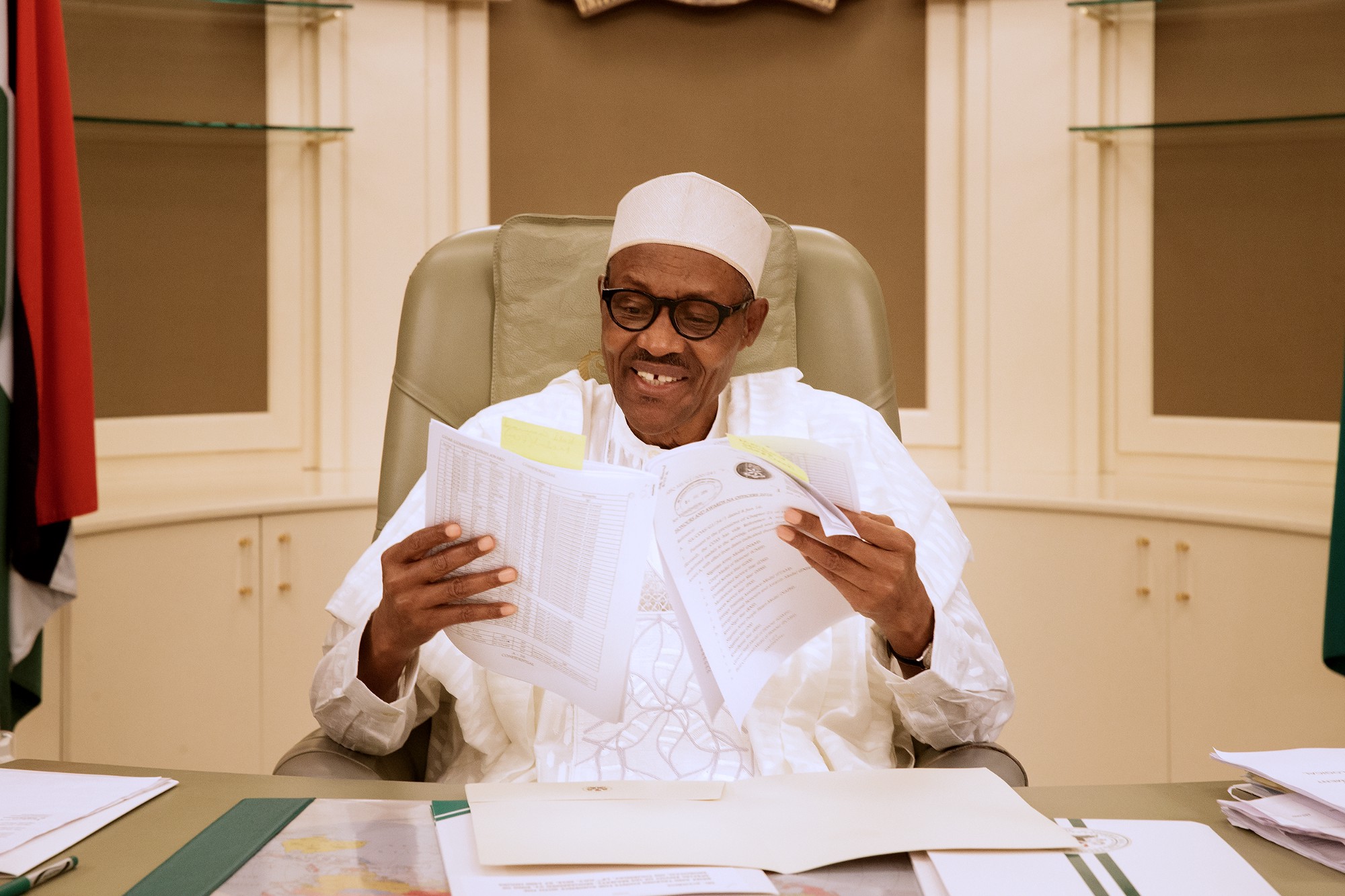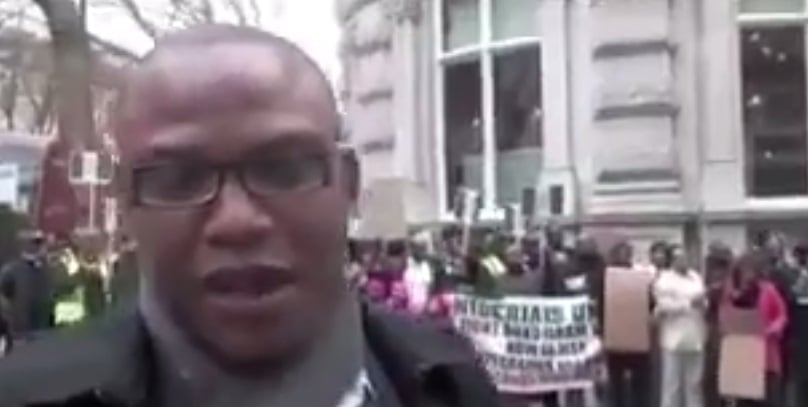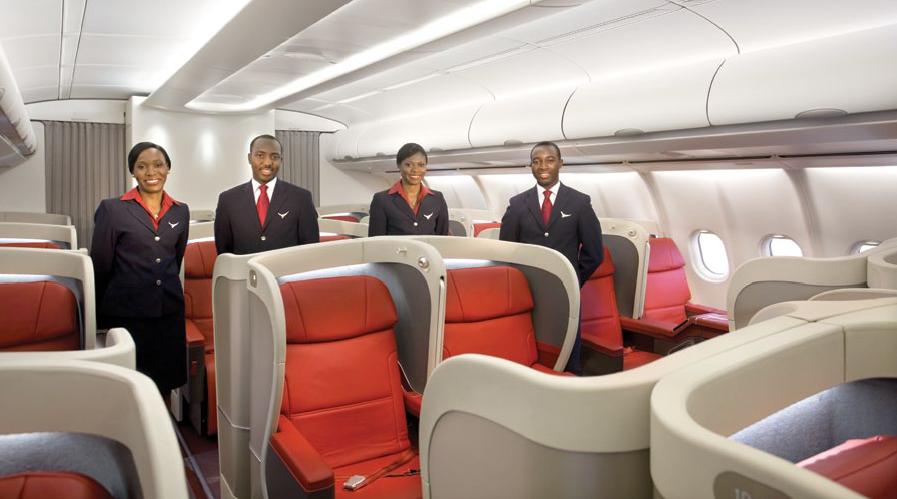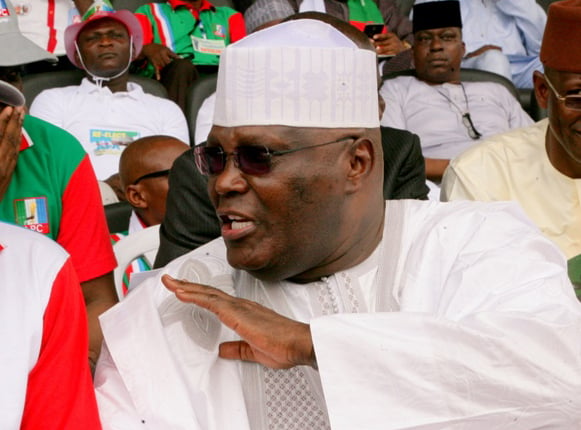Where do you stand in this ongoing debate on the state of the Nigerian union? I have so far identified four lines of thought (1) pro-status quo (2) pro-restructuring (3) pro-balkanisation and (4) “siddon look”. The first group thinks there is nothing to change, the second thinks there is something to change, the third thinks everything should be changed and the fourth is uninterested, change or no change. I wish I could do a census to know the population of each group and, in the spirit of democracy, announce the most popular desire of Nigerians. But the way public debate is structured, it is those with the loudest voice and tallest platforms that get heard.
In the series of articles I have written since the resurgence of the seasonal restructuring agitations, I have made certain arguments which I will quickly summarise. One, I have argued that countries develop through quality leadership, although we seem to think in Nigeria that the tonic for development is to write a new constitution. It may need reminding that most of the countries we call “developed” today were built through competent and patriotic leadership, not some constitution. In fact, the British have never had a written constitution. Singapore, we all know, ran a dictatorship. South Korea was developed essentially by military governments.
Two, I have argued that the document we now deride as “military constitution” was actually written by civilians. (That is even assuming that the military is so bad that nothing good can ever be written by them.) The 1979 constitution, refurbished and repackaged as the 1999 constitution, was produced by some of the most brilliant legal and political minds Nigeria has ever had. The process underwent one of the most robust debates in the history of Nigeria. I argued that nobody ever gave the constitution as an excuse for poor governance in the second republic, although its 1999 clone is now classified as an evil and vile document fit only for the bonfire. So it goes.
Three, I have argued that there is no state in Nigeria that is not viable. We define viability in Nigeria on the strength of the oil-based federation allocation because of our weak imagination. The economy of the state of Nevada in the US is built around gambling, amusement and recreational services, not “our oil”. The Dubai emirate in the UAE is built around trade, real estate and tourism. Hong Kong’s economy is built around financial services. In 2016, Hong Kong, with a population of 7 million, recorded a GDP of $426 billion — compared to Nigeria’s $405 billion produced by 180 million people. Our brains are so filled with oil we think that is all there is to life. So it goes.
Advertisement
I have also made attempts to explain that buzzwords such as “true federalism” and “fiscal federalism” are becoming native to Nigeria. I don’t know of any country in the world that claims to be practising “true federalism”: in truth, no two federal systems are alike. Federalism in Mexico is not exactly as practised in Australia. More so, “fiscal federalism” — a concept proposed in 1959 by the late German-American economist, Richard Musgrave, to make a case for the redistribution of income among federating units for the overall economic health of the country — has been redefined in Nigeria to mean “resource control” and “derivation”. So it goes.
So where do I stand? Of course, I believe Nigeria is highly negotiable. You don’t have to be an expert in any subject to know that Nigeria is not functioning optimally. We all can see it. We all can feel it. We all know the widespread poverty in the land, the poor state of physical infrastructure, the failing system of education and the sickening state of health care. What we cannot agree upon is what caused the problems and the way out. Some think poor people in Delta, Benue and Yobe don’t have access to water and electricity because we don’t have the 1963 constitution, or because we don’t have regions, or because there is no resource control. Some of us beg to disagree.
I have written, time and again, that I am for restructuring, even though I will continue to say that we are underutilising the opportunities available under the current system. I easily admit that my agitation for restructuring is different in concept and in content from the popular brand, or should I say the conventional wisdom. I do not propose restructuring with the mindset that it is one part of the country that is the problem of another. I do not believe that roads are bad in Imo state because of the revenue allocated to Zamfara state, or that schools are without libraries and laboratories in Kano state because we don’t practise “true federalism”. But that’s me.
Advertisement
I think of restructuring with a mindset that the majority of Nigerians — irrespective of their ethnic, regional and religious backgrounds — are afflicted with poverty, viciously denied the basics of life by those they call their leaders. Development in modern times is built on the foundation of education, education and education. Looking at the number of children that are out of school today, and what this means for the future of Nigeria, breaks my heart more than the tragic death of the 1963 constitution. Looking at the number of private jets and chattered flights at the beck and call of governors depresses me more than the lack of “state police”.
Nevertheless, I am of the opinion that we need to restructure our federal system for greater efficiency. We need to negotiate many things about Nigeria. To begin with, I have proposed — and will continue to propose — that the federal government should shed significant weight so that states can take on more responsibilities. That also means less money for the centre and more for the 36 states. I find it incredible that the centre takes 52.68% of the federation revenue, leaving the 36 states with 26.72% and the 774 councils 20.60%. It is too lopsided. I team up with those who want the size of federal government drastically reduced.
For instance, I think federal roads should be transferred to states. The only roads that should be under the federal government are the ones linking states, and even at that, states should be legally empowered to maintain federal roads within their boundaries and get reimbursed. The late Wahab Dosumu, as minister of works under President Shehu Shagari in the second republic, famously warned Alhaji Lateef Jakande, then governor of Lagos, not to repair Eric Moore Road, which was in bad shape, because it was a federal road! I find it bizarre that a road will be in Surulere or Apapa and it will be classified as a federal road. It makes no sense to me.
Furthermore, and this is a consequence of shedding weight, the federal government should transfer some tax handles and revenue to the states, since the states would be taking on more responsibilities. I believe states should begin to share from the company income taxes, while federal government should take a little from personal income tax and VAT. Having shed weight, the federal government would have fewer responsibilities to finance. As things stand, with a thousand and one parastatals to cater for, the federal government can justify taking more than half of the revenue. If it sheds weight, the responsibilities will reduce.
Advertisement
I have more proposals for restructuring than space would permit me to discuss, but I would like to underline two things. One, I have by no means claimed that the changes I have proposed today amount to “true federalism”. That is above my pay grade. Rather, my thought is how the states, which are socio-geographically closer to the people than the federal government, can become the locus for delivering development. They often blame the centre for obstructing them. Give them more responsibilities and more money — let’s cut out the excuses and spark off a process that could put them on the spot and energise the citizens to demand better performance.
Two, I know there are complaints that the allocation formula favours the north. But a critical look at the sharing principles such as landmass (5.35%), population (25%), terrain (5.35%) and derivation (13% for minerals, 20% for VAT) shows that things balance out in the end. What some states lose in landmass they gain in population or “IGR effort” (8.31%). More so, 45% of federation account is shared on the principle of “equality of states” — thus the smallest and the biggest states get exactly the same. Indeed, no non-oil state collects more allocation than an oil state. But the impression remains that everything is skewed in favour of the north, and this perennially foments discontent.
I’m also aware of the complaints that the distribution of local governments disproportionately favours the north, which is maybe 60% of Nigeria’s landmass. Local governments were created principally on the basis of landmass. This certainly favours the north. However, in June 2017 (the latest FAAC figures available to me), Kano’s 44 LGAs got N7.7 billion (N6.14 billion from statutory, N1.58 billion from VAT) while Lagos’ 20 LGAs got N7.4bn (N3.677 billion statutory, N3.822 billion VAT). That is not such a terrible gap. Things even out, although I agree that they could be more equitable to encourage and reward imagination, competition and productivity among the states.
But are northern states that are purportedly favoured now more developed than southern states? Is infrastructural development in Jigawa or Plateau better than that in Abia or Osun? That is why I usually avoid seeing Nigeria’s underdevelopment problems along ethnic, religious and regional lines. Let us break Nigeria into pieces if we choose but as long as the constant factor of inept and unpatriotic leadership stays in the mix, we will remain underdeveloped. Trust me, I won’t stop making this point. I am confident that one day, we would come to agree, even if grudgingly, that the biggest set-back for Nigeria is the quality of leadership at different levels.
Advertisement
AND FOUR OTHER THINGS…
RECESSION MAGIC
Hurray! President Muhammadu Buhari has pulled Nigeria out of recession. How did he do it? Pardon my ignorance. I thought Nigeria exited recession mainly because (1) militants stopped bombing the pipelines and (2) crude oil prices recovered. Nigeria’s production increased from roughly 900,000bpd to about 1.8mbpd after militants decided to have mercy. And so, the GDP — doped by sniffing more petrodollars — grew by 0.55% between April and June 2017, halting a run of five successive quarters of negative results. Ladies and gentlemen, that is how the APC government “fulfilled another promise” by pulling Nigeria out of recession! Hahahaha.
Advertisement
FICKLE FEC
We’ve just been told that because of the Eid holiday, ministers did not have time to prepare for the weekly FEC meeting where policy issues and memos are treated. They were obviously overdosed on Sallah meat and jollof rice — and they belched so hard they forgot that there was still a country that needed their attention. I know the next thing they will tell us is that FEC meeting is not compulsory. On one occasion FEC did not hold because “the agenda was light” — in a country that has no light. In another instance, they said they were “on Easter break”. I don’t know whether to laugh or cry as the APC continues to demonstrate that it is just as amateurish as the PDP. Change.
Advertisement
ANTAGONISTIC AISHAS
There must be something between President Buhari and Aishas. His sweetheart, named Aisha, threatened on international radio last year that she would not campaign for her husband in 2019 because of one reason or the other. Now, his minister, named Aisha (Alhassan), says she would campaign for Alhaji Atiku Abubakar in 2019 even if Buhari decides to seek re-election. Those are two brazen body blows for the president. I have never seen a first lady attack her husband so openly the way Aisha did, neither have I seen a serving minister politically demarket the boss so openly since Nigeria was amalgamated in 1914. Startling.
Advertisement
FALLING OFF
When the Egmont group suspended Nigeria’s financial intelligence unit in July, reports blamed EFCC for leaking sensitive information to sections of the media and also for fighting against making the unit independent. The attorney-general, Mr. Abubakar Malami, subsequently asked EFCC to forward to him the list of high-profile cases it is investigating — in line with the EFCC Act. EFCC sent the list to Vice-President Yemi Osinbajo and Malami. What happened next? The list, in no time, made its way to the media. Who leaked it? EFCC? Presidency? Office of the attorney-general? Angel Gabriel? Whatever it is, the anti-graft war is becoming a laughing matter. Tragic.
1 comments








Another good piece from Simon. We need restructuring but let someone who accepted collecting N800m 2 months to an election from the till not hide under restructuring or Oduduwa Republic. Theft will not prosper a nation no matter the constitution. Today Agriculture is within state’s jurisdiction but cocoa production has fallen below 0.2m mt (Cote D’ivoire does 1.6m mt) Our former governor in Ondo did not improve the lot of the cocoa farmers for 8 years. The shout of restructuring is fast becoming bad workmen quarrelling with tools.